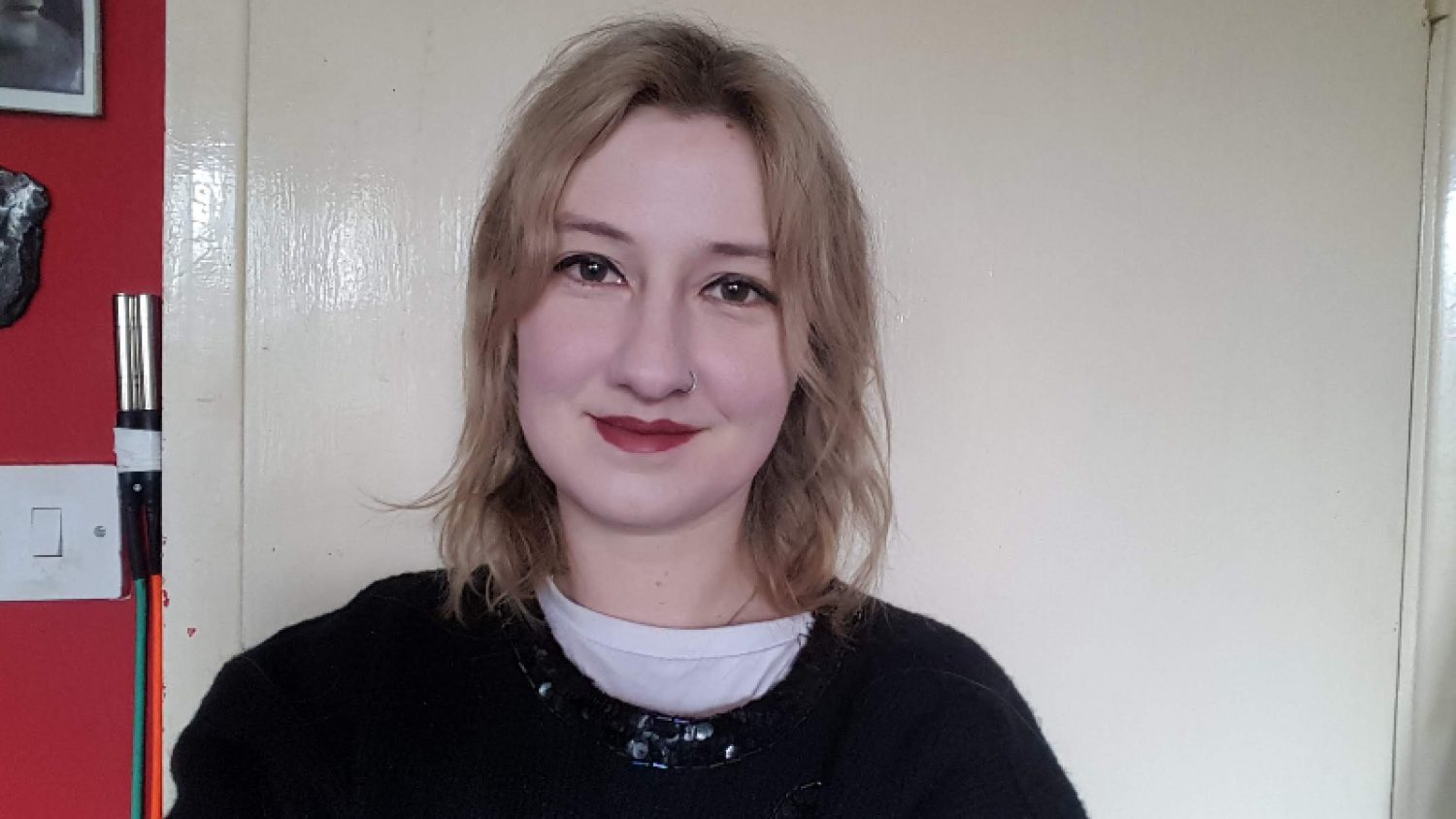Four minute read
As part of our series on accessible funerals, Stephanie Owens unpacks the experiences of neurodivergent people and shares her thoughts on how funeral care could better meet their needs.
What is neurodiversity?
Neurodiversity is a broad term for conditions such as autism, ADHD, Tourette’s, dyslexia, dyspraxia and dyscalculia. All stem from a difference in brain structure, and all are often misunderstood. Some of these conditions are co-morbid, meaning neurodivergent people have multiple conditions.
I am autistic with ADHD, so for this article, this is what I shall focus on.
The main change that autistic people, and those with ADHD, need is acceptance and understanding. There is a huge problem in society with misconceptions around neurodiversity. Many adults cannot get a diagnosis, so we sometimes fly under the radar.
We need people to understand that our brains are wired differently — what may seem simple or obvious to you, won’t to us. We do not process information or communicate in the same way as neurotypical people, including when we face huge changes such as a death.
My ‘special interest’ in death
I’ll admit now that I am unusual when it comes to understanding death and grief. Not only have I worked in this area for five and a half years, but I have always been fascinated by it. Death is one of my autistic ‘special interests’ and I come from a family where it was openly spoken about.
I didn’t realise other people didn’t often openly talk about death, until I started working on the Dying Matters campaign in 2016! I do know some autistic people however, who shy away from talking about death completely and shut down instead.
Understanding neurodiverse responses to death and grief
Alexithymia (difficulty recognising emotions) and executive dysfunction (being able to carry out tasks) are common in neurodivergent people. So, in a time of grief, the emotions we show may not be what neurotypical people expect. Being able to maintain everyday tasks may become difficult due to feeling overwhelmed and seeing too many steps needed in order to complete those tasks.
I am on the low-empathy end of the spectrum, but that doesn’t mean I don’t care. I just internalise a lot and don’t show emotions or expressions in the way people expect, nor do I understand them in others. This can come across as confusing or seem cold to neurotypical people, especially when they are going through the grieving process as well.
It is a common myth, however, that all autistic people are low-empathy. In fact, many feel emotions very intensely and struggle with death. This is also very common in those with ADHD.
I struggle with executive dysfunction and feel overwhelmed with things such as cooking and tidying. As a result, I find it hard to get started and sometimes don’t do them at all. Despite being comfortable with death, if I was planning a funeral or coping with a death, I wouldn’t realise if I hadn’t been taking care of myself or my surroundings.
Funeral care: What would make a difference for neurodiverse people
As a neurodivergent person, I would find clear, direct language helpful in funeral planning, as well as someone outlining clear steps for what would happen and what would need to be considered.
A funeral is overwhelming for anyone, but knowing the process and knowing that I could have control and choice over certain elements would be incredibly helpful.
Also, I can get overwhelmed if there is too much information at once and process it slower. This is known as auditory processing disorder, so working with a funeral director who allowed me time, space, patience and understanding would be very valuable.
Finally, many neurodiverse people experience sensory difficulties. This can mean things like flowers, bright colours or lights, groups of people and noise can be far too much.
In a funeral setting, an autistic person may feel overloaded and need some time away from the situation or other people. In this case, I would find it helpful to know I could step outside or have a space I could escape to gather my thoughts and reduce the amount I am trying to process.
A funeral is a personal experience, and neurodiverse people need to be considered at every step.
Stephanie Owens is passionate about social change. As a neurodivergent person who has worked in the death sector for many years, she has noticed there is little research into how death and bereavement can affect autistic people and those with ADHD, and aims to change that.
Check out these organisations — ADHD Foundation, Autistica and National Autistic Society — or get in touch with Stephanie.
To stay in touch with all the latest news and updates from Poppy's by email, sign up here or contact us if you need help planning a funeral.
